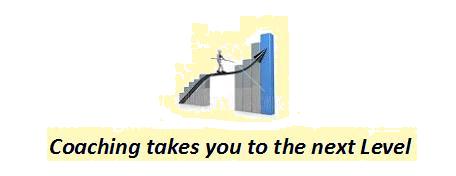Yes, I am a boomer and well I am beginning to experience that memory thing, ah what is it again?
According to University of Illinois psychology Professor Art Kramer, "the brain is always changing and by midlife, there is less turnover of new neurons ... the production of chemical messengers in the brain called neurotransmitters also slows down."
Well that is a relief, we are just slowing down and I say thank God this is a natural occurrence and not something we Boomers need to worry about. But we can do something about it. Now that is the ticket.
The Professors said the that there are actions we can take to improve our memories and of course they have to do with lifestyle changes. The old ways have caught up to us and "...we have to eliminate our high-fat diets,consumption of too much alcohol, lack of exercise and a high-stress lifestyle. All of which can all affect your cognitive fitness down the road."
So to get a sharper memory: Here are some tips from experts that can do for your memory what crunches can do for your abs:
- Eat a healthful diet to feed your brain as well as the rest of your body.
- Get plenty of aerobic exercise, as long as your doctor approves.
- Your brain needs a challenge, so try to learn something new every day. Read. Do crossword puzzles. Learn a new hobby. Take a different route home. Try using your other hand to hold your toothbrush.
- Don't isolate yourself. Maintain social contacts and regular conversation with others.
- As much as you can, reduce your stress load.
- Create an image in your mind of something you want to remember. Or try associating something you want to remember with something you already know.
- Use a sound, such as a kitchen timer, to help you remember something,
- Arrange things in your home to jog your memory. Keys, for example, can go in the refrigerator on top of your lunch bag.
- Try verbal cues to make yourself less anxious about the things you might forget, like turning off the stove. Try saying out loud a few times: I turned off the stove. I won't need to go back and check it again.
- Make a list of what you need to do, and take notes of things you need to remember.
- Repeat names in conversations.
- Do things when you remember them, instead of putting them off.
- Avoid multitasking.
- Identify places for important items and always keep them in the same place.
- If you find yourself becoming increasingly forgetful, see your doctor. Sometimes memory loss is the result of physical problems that need medical attention.
Sources: Cammy Seguin, University of Illinois Extension; Kathy Marren, Provena Center for Healthy Aging.






No comments:
Post a Comment